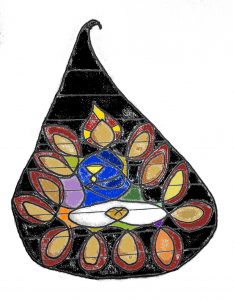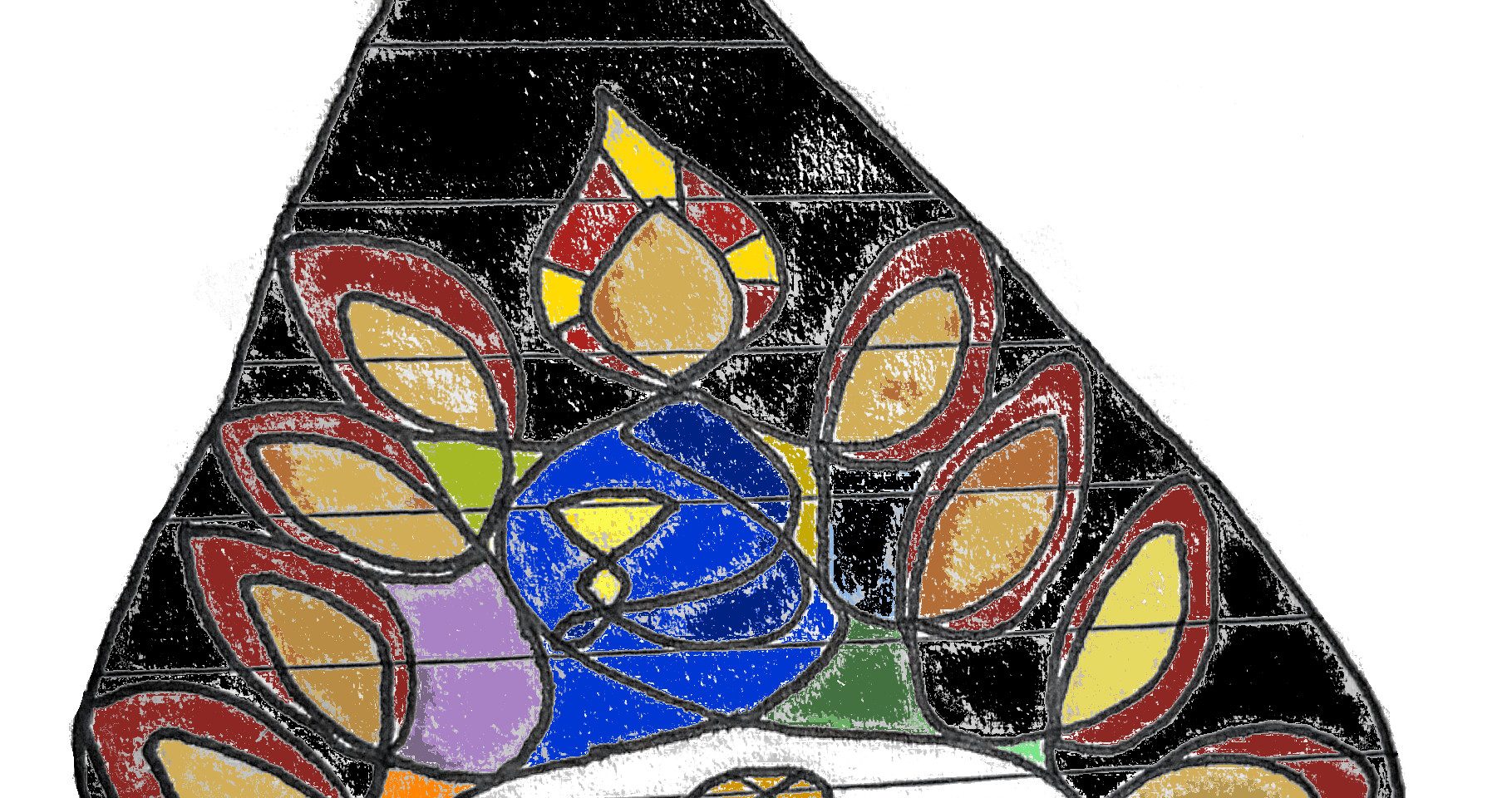Social isolation: a tale of two friendships
GOOD FRIDAY, 2020 – The Reverend Nick Morgan
John Chapters 18 and 19
Our way of social connecting, and spiritual connecting has changed in recent weeks, so I want to look at the events of Maundy Thursday and Good Friday in terms of a couple of human relationships in the Gospel, just at the point where things look loneliest, most hopeless and bleakest for Jesus.

At the last supper, Jesus has gathered with not simply followers, but disciples – close friends. Two of those whose feet he washed were Peter and Judas and I want to look at what happened to these two disciples over a single day in terms of Jesus on the cross. Judas betrayed Jesus. That’s a stark reality, and we read that Jesus knew Judas was going to do this. And yet, Jesus washes the feet of Judas along with the others. Peter denies Jesus. For all his bluster, when it comes to it, Peter falls short and denies Jesus three times, swearing as he does so, denying even knowing him. The two fail in different ways, and with different consequences, but both sin against Jesus. Judas actively premeditates his betrayal, whereas we might try to put Peter’s denials down to reacting to events, a panic response. But Peter did have two additional opportunities to reconsider his first answer, but failed to turn from his sin. Each of them failed Jesus in their own way: they both put distance between themselves and Jesus in their relationship.
Look at this from the perspective of Jesus. Two of his closest friends turn on him when the crisis comes. One conspires against him and brings about his arrest. The other refuses even to be associated with him. Jesus on the cross is abandoned by these two friends: his treasurer, Judas and his rock, Peter. He’s socially-isolated from two people he had close relationships with, and emotionally estranged from them, too. We don’t know what Jesus knew of either of them at the time. Did he know that Judas had taken his own life? Did he know that Peter had repented and wept over what he had done?
What happened to Judas and Peter after their sin differs hugely. Peter realized his mistake: when the cock crowed, the words of Jesus came back to him and he saw with chilling clarity that Jesus knew the secrets of his heart more than he did himself. He wept bitterly, and after the resurrection we know he encountered the risen Christ and was empowered by the Holy Spirit. He lived to repent and be restored in his relationship with Jesus – the relational distance between him and his Lord was bridged by the cross and resurrection of Jesus. On the other hand, Judas did not get to experience the truth of what Jesus taught the other disciples at the Last Supper. His sin and its consequences overwhelmed him, and the relational distance between him and Jesus was not bridged by the time we come to the cross: because on the cross, Jesus was abandoned by Judas as completely as Judas could possibly have done: by then, Judas was not even alive to witness it. Mind you, even the repentant Peter, is not seen at the foot of the cross either on Good Friday. Social isolation is distilled in this scene of a man dying on a cross in the absence of two of his nearest and dearest. It was, though, the repentant Peter who went on to truly understand and experience the power of God’s forgiveness and healing revealed in the risen Christ.
Who knows, but perhaps when thinking about what went on between Good Friday and Easter morning, we might like to imagine… as Christ went into the realm of death itself, perhaps he searched every corner, looking for Judas to tell him that he still loved him; that if he’d only waited he would have seen that love, not death prevails. The cross shows us there is nowhere so distant from God in all human experience, even the outrage of the cross and death which is beyond the reach of God’s love. God is with us in all the mess, uncertainty, chaos, injustice and sin of human existence. We are not isolated from God. We need not hunker down and wait till this all blows over to know that God loves us: God is with us in all of this, whatever it is. Nowhere, not even the darkest corner of death’s domain is beyond the reach of God’s love, revealed in Jesus on the cross.



